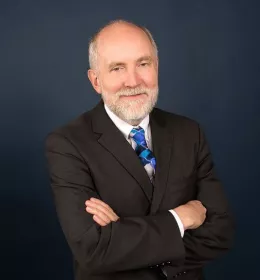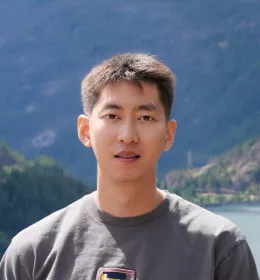
Science, Technology, and Public Policy
-
Co-Chair

-
Co-Chair

About the Program
Solutions to many of the world's most challenging problems involve complex scientific and technological issues. From the nuclear negotiations with Iran to privacy concerns about big data, current events remind us how access to the frontier of scientific knowledge has become essential to good policy making, whether at local, national, or international scales.
Bringing science and technology into the design of public policy has been the tradition and the objective of the Science, Technology, and Public Policy Program for nearly four decades. Founded by the late Harvey Brooks, STPP has earned an international reputation for integrating scientific expertise with practical experience in politics and policy. Early objectives of the program, under the initial leadership of John Holdren, prior to him becoming science advisor to President Obama, and then Venkatesh Narayanamurti, former Dean of the School of Engineering and Applied Sciences, included developing research groups focused on critical issues of national security, energy, and climate, including nuclear proliferation and energy technology innovation. Under the co-direction of John Holdren (upon his return in 2017) and Daniel Schrag, STPP continues to contribute to Harvard Kennedy School's goal of "training public leaders, and generating ideas that provide solutions to our most challenging public problems."
Our Work
Our goal is to help develop and promote public policies that advance the application of science and technology to improvement of the human condition.
Sign up for our newsletter for updates about our research and events.
Related Projects
Explore our related projects.
-
Project
-
Project











